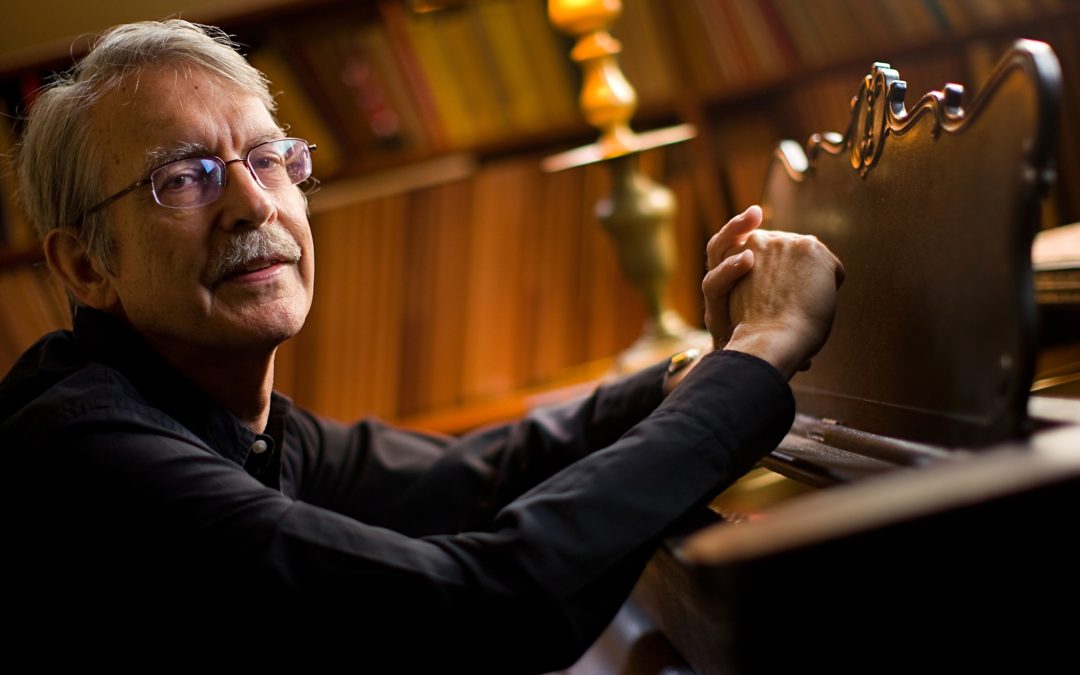Musiqa will perform Twilight Music by composer John Harbison, as a part of American Trios!, March 11, the Midtown Arts and Theater Center Houston.
Program Note
Twilight Music (1985) was written directly after my first String Quartet: both pieces move toward an abstract and compact way of working, in reaction to the large orchestral works that precede them. The quartet shows obviously, being outwardly tense and without illusions. The present piece shelters abstract structure origins beneath a warmer exterior. The horn and the violin have little in common. Any merging must be tromp-l’oreille and they share material mainly to show how differently they project it. In this piece the two meet casually at the beginning, and part rather formally at the end. In between they follow the piano into a Presto, which dissolves into the twilight half-tones that named the piece. The third section, an Antiphon, is the crux – the origin of the piece’s intervallic character. It is the kind of music I am drawn to, where the surface seems simplest and most familiar, where the piece seems to make no effort, but some purposeful, independent musical argument is at work. The final section’s image of separation grows directly out of the nature of the instruments. This piece was commissioned by the Chamber Music Society of Lincoln Center for performance by David Jolley, James Buswell, and Richard Goode. Such virtuosity as possessed by these artists allowed me to write with reckless subtlety for instruments which I heard meeting best under cover of dusk.
About the Composer
Composer John Harbison is among America’s most distinguished artistic figures. The recipient of numerous awards and honors, among them a MacArthur and a Pulitzer, Harbison has composed music for most of America’s premiere musical institutions, including the Metropolitan Opera, Chicago Symphony, Boston Symphony, New York Philharmonic, and the Chamber Music Society of Lincoln Center. His catalog includes three operas, six symphonies, twelve concerti, a ballet, five string quartets, numerous song cycles and chamber works, and a large body of sacred music that includes cantatas, motets, and the orchestral-choral works Four Psalms, Requiem and Abraham. His music is widely recorded on leading labels. Harbison has been composer-in-residence with the Pittsburgh Symphony, the Los Angeles Philharmonic, the American Academy in Rome, and numerous festivals. He received degrees from Harvard and Princeton before joining the Massachusetts Institute of Technology, where he is currently Institute Professor. For many summers since 1984 he taught composition at Tanglewood, serving as head of the composition program there from 2005-2015, often also directing its Festival of Contemporary Music.

